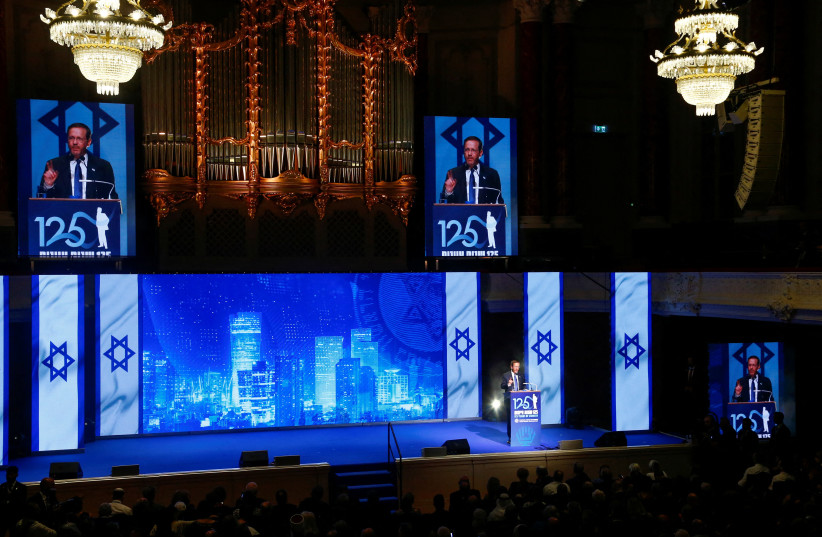As a child of the 1980s growing up in Ofra, one of the best parts of my youth was coming together every Shabbat with all the other kids of the neighborhood to play group games in the streets. I don’t remember who won or lost, just that for a few hours every week the differences between us would melt away and we’d come together for a common purpose.
The small neighborhood looks very different now. The streets are dead quiet, and our childhood community games have been relegated to memory. On most days, children can be found inside on their own, playing games on individual screens.
This story is not just a reflection on a memory but is a bitter parable for the state of Israeli society and the Jewish people today.
For 2,000 years, the Jewish people were scattered across the globe. But despite the distance between them they remained connected spiritually and emotionally to a shared dream – to return to Jerusalem and their homeland, Israel.
Throughout the history of the modern Zionist movement, Jews from all countries and backgrounds gathered in broad agreement at two distinct times – once, at the First Zionist Congress that took place 125 years ago in Basel, and then again for the declaration of Israel’s independence in 1948.

Many consider these events themselves to be miraculous, but perhaps the miracle was that a collective of Jews – all different from each other – were able to agree on their intention to build a common future. This idea is reflected in the wording of the Declaration of Independence – that the State of Israel is the state of the entire Jewish people.
But sadly, once the shared dream of the Jewish people was realized in the establishment of the State of Israel, the threads that bound us together started to come apart.
Over time, Israelis have become more internally focused, forgetting that Diaspora Jews feel that they are being pushed out of the Israeli narrative. Diaspora Jews have also had to focus on maintaining Jewish life in the Diaspora, which Israelis just do not understand.
A common understanding
MY GENERATION was taught that the common good must be prioritized over personal fulfillment. Members of Israeli society from the right and left, religious and secular, fiercely debate to this day the future of our state – from its borders to its character. We may have different ideas, but we understand that we are here together for better or worse and we continue to work toward our shared future.
But as these internal debates go on and the years go by, the gap in our understanding and connection with world Jewry grows wider. This distance is a result of language differences, cultural differences, and lack of understanding regarding the challenges of a life we don’t know. As these differences grow, we may find fewer things that bind us together.
In the last decade, I have had the opportunity to deepen my understanding and relationship with wonderful Diaspora Jewish communities. Through these relationships, I have come to understand that the connection between the Jewish people and the Zionist dream is essential for a stable and strong Jewish nation – just as it was many years ago.
It is time that we recommit to the ideal of Zionism as the melting pot of the Jewish people. Israel today has spiritual wealth, national resilience, economic stability and strategic vision that it never had before. But there is also a tendency to turn inward rather than look outward to others. The solutions to the distance between the Jewish people will not come from blind acceptance of one vision, but rather from the debate between ideas, and discussion between Jews of all backgrounds and perspectives.
It is our moral duty to pave new ways that connect every Jew to his nation-state and create spaces for this joint dialogue. We must find new and innovative ways to develop strong connections between Israel and the Diaspora – ones that see the Israeli vision reach the Diaspora, and the Diaspora’s ideas be considered in Israel. Only then will we be together again as one united people.
The writer is the head of the Diaspora Department at the World Zionist Organization.
